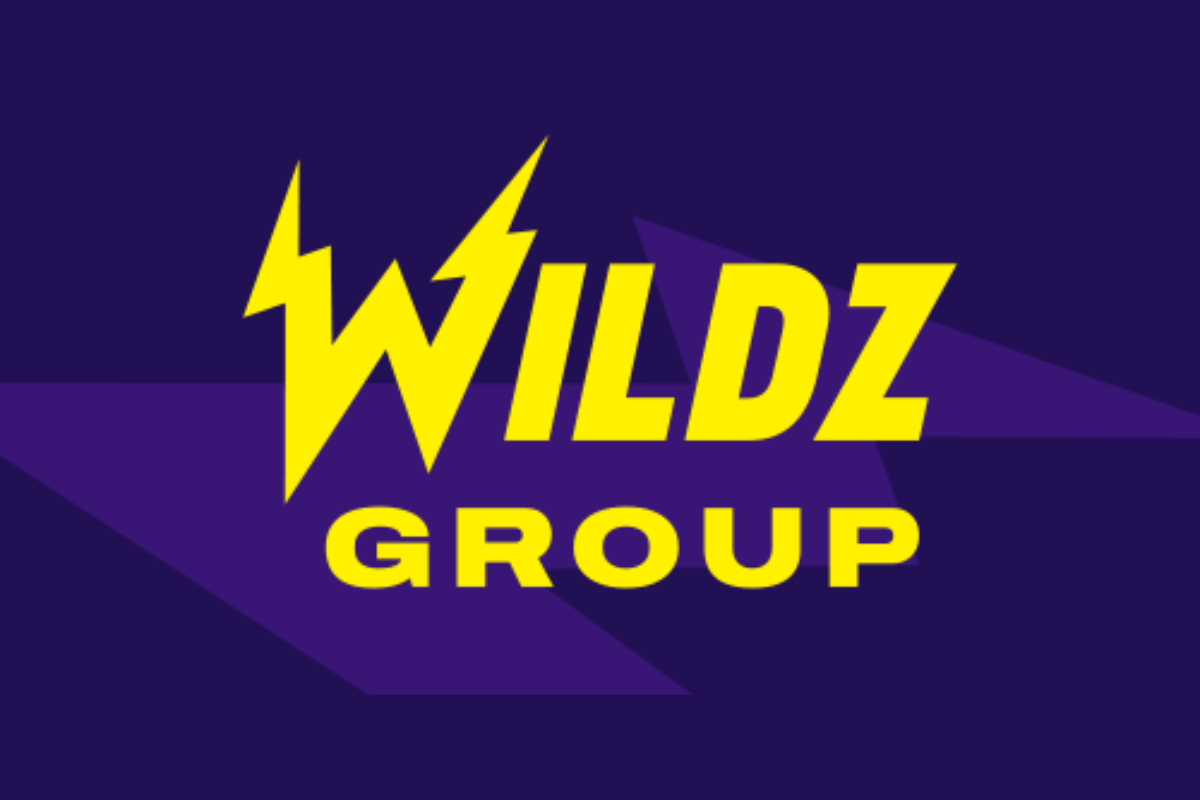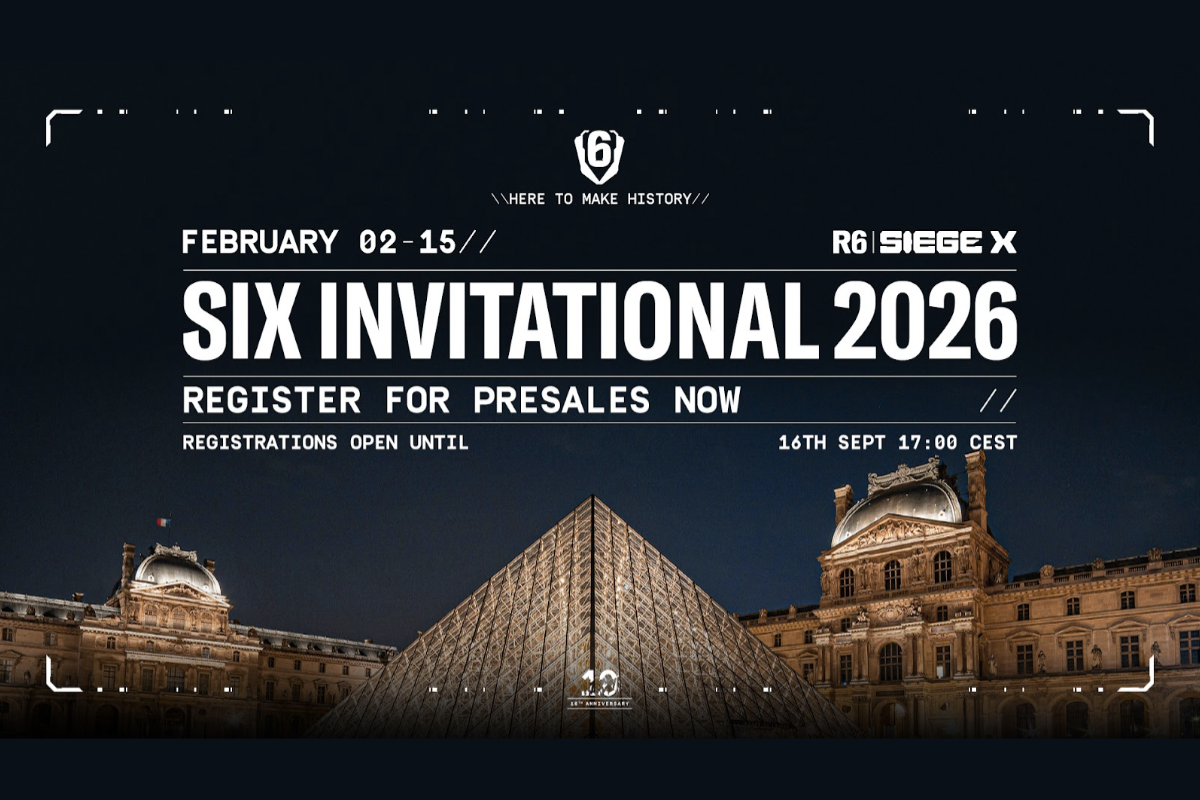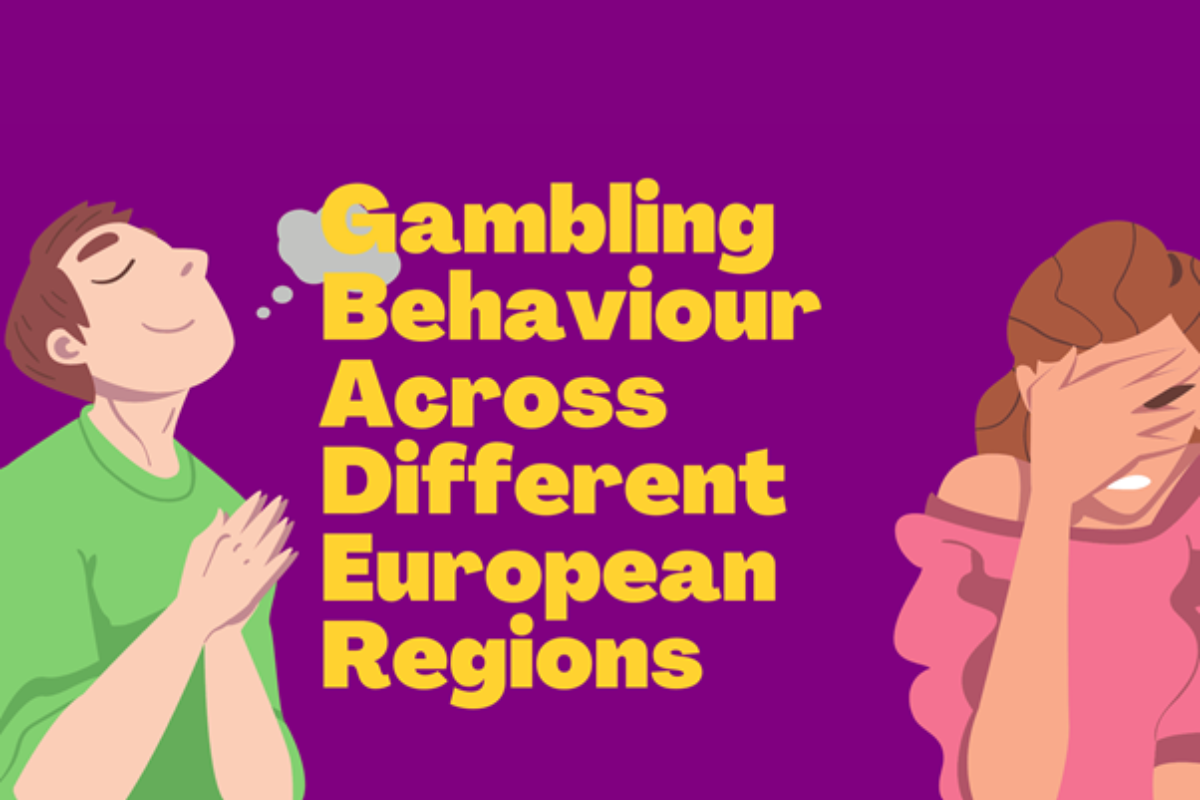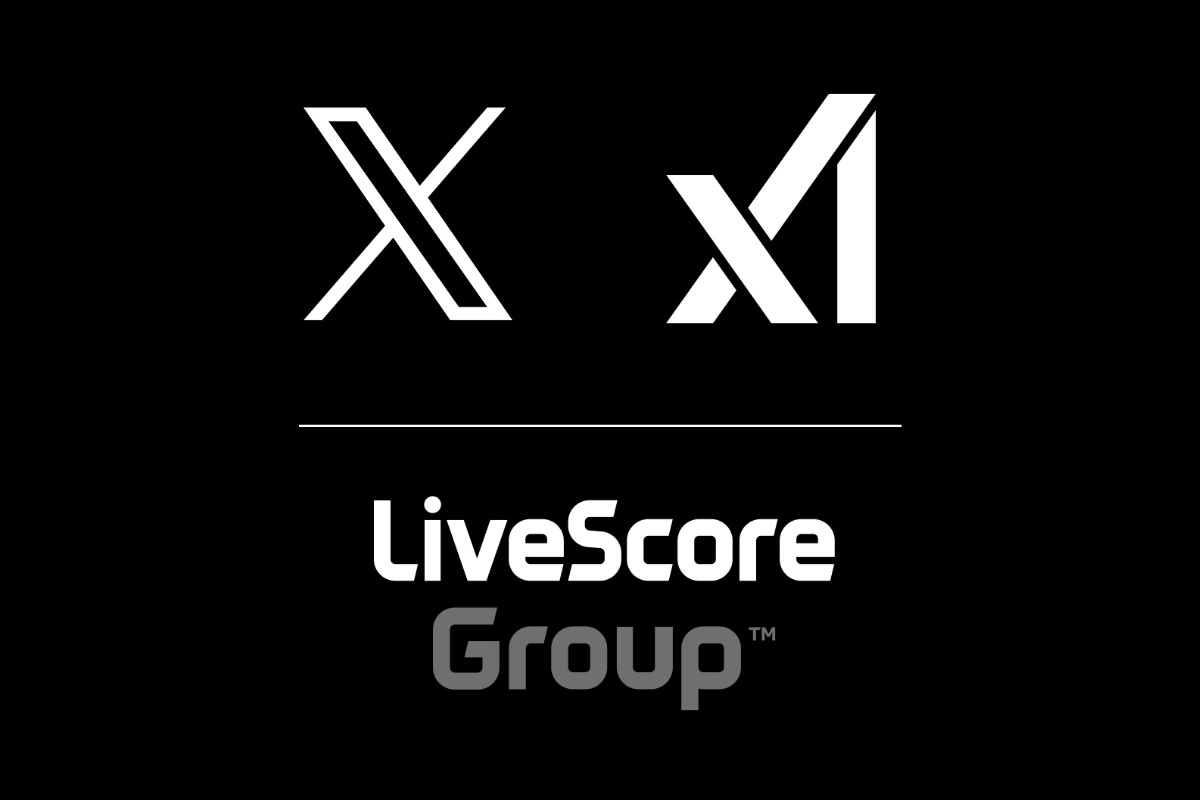eSports
As eSports Continues to Grow Apace, its Athletes and Startups are Winning Big

The headquarters of G2 Esports’ Berlin team, on first glance, looks every bit what you’d expect from the home of seven young gamers. Beds are unmade, towels hang on bedroom doors and kitschy posters cover several of its bare, magnolia walls.
But while average student digs might have the odd Playstation, here gaming is life. Each inhabitant is deeply involved in his training, stopping now and then to take notes from the team’s two-man coaching staff.
It might not seem like the vanguard of a billion-dollar industry. But G2’s players are rich young men (every member of the team is male: gaming still suffers a yawning gender gap and has no women in its top hundred earners). Since its 2014 foundation in Madrid the brand has won a host of top-ranking tournaments. It is currently one of the continent’s biggest brands.
As eSports’ following skyrockets alongside its revenue, and teams like G2 chip away at its massive revenue potential, the gamers themselves are professionalizing along the lines of fellow athletes in traditional sports.
Games like League of Legends and Counter Strike are already about to take their bow at traditional sporting events. That, alongside a coming revolution in online broadcasting, is opening up huge chances for eSports firms to win big before competitive gaming truly hits the mainstream.
One of them, also in Berlin, has realized there are many ways to achieve that potential.
Jens Hilgers is something of an eSports celebrity. The 41-year-old German admits he “sucked at playing games” despite loving them. But what Hilgers lacked in playing skill, he has more than made up for in entrepreneurship. This year marks 20 since he began working in the industry. In 2000 Hilgers co-founder the Electronic Sports League (ESL) that today is an integral part of the eSports circuit.
In 2010 Hilgers took a backseat at ESL, moving from CEO to chairman of the board. It was then that he began developing DOJO Madness, a Berlin-based firm harnessing Big Data to help players improve their game.
“I guess because of my lack of significant success or progress in the games, it became clear to me that there was a problem,” he told Red Herring. “Because I found that frustration with myself: when I lost a game, how could I win more?”
DOJO Madness was founded in 2014. To date it has secured over $12m in funding, and offers solutions for professional players and amateurs. This April the company received $6m in Series A cash from investors led by The Raine Group.
BITKRAFT, the world’s first eSports-dedicated investment vehicle, launched a year later. Hilgers is a founding partner. It began with $18.5m to invest in seed-stage eSports companies. Today it has 15 firms in its portfolio: three from Asia, and six each from Europe and North America.
BITKRAFT’s Investments represent a cross-section of the industries that are booming around competitive gaming. Tier One is an advertising and media platform working in Southeast Asia. The Esports Observer is a widely-read eSports-dedicated web portal. Level99, based in London and Berlin, is a creative agency catering to the growing demand for teams to grow their brand and fanbase.
The stats behind eSports are enough to understand each venture. Competitive gaming has an audience of around 320m. The industry is set to grow by a compound rate of 30% until 2020 when, by some estimates, it could be worth $1.5bn.
Betting on eSports has flourished too. According to Nauroscope, an analyst, the lowest estimate for the total amount bet on eSports in 2016 is marked at $5.5bn. That figure will rise to $12.9bn by 2020. Esports betting volume already outpaces that of golf, tennis and rugby.
Twitch, the Amazon-owned streaming service for gamers, has over 1m daily streamers. Ticket merchandising revenues are expected to rise from $53m to $74m this year alone. That is enticing a new generation of web broadcasters keen to use eSports to increase their footprint.
“It’s a development where big, online-first, video streaming portals are fighting for audience,” says Hilgers. “That’s the YouTubes, the Facebooks, the Netflixes. And for them eSports content is appealing as it commands a very attractive audience, as it’s still relatively unexplored.”
Part of the attraction, he adds, is that eSports is a global phenomenon: it is played the same way in Berlin, or New York, as it is in South Korea – which could be considered the “spiritual home” of eSports. Soccer might be considered a truly worldwide sport. But there are few others.
Alongside the surge in revenues, eSports’ best practitioners are starting to live more like traditional athletes. At the G2 house there is a dedicated chef, and two non-playing staff ready to kick their charges into shape. “Definitely there’s a lot more focus on players’ health and wellbeing,” says the team’s 27-year-old manager and head analyst Chris Duff. “Years ago it was generally up to the players.”
Duff holds Scrum sessions each day from 1pm to 4pm. The players start their day at 11am, and finish at 10pm. Most weeks comprise six active days. It’s a grueling schedule. But the rewards are rich. Three years ago a top Counter Strike player may have earned $2-3,000 per month. Today it’s $20-30,000 (the highest salary in soccer is Cristiano Ronaldo’s $4.8m monthly salary from Real Madrid).
“It must be much better now, much easier because you have people to take care of your stuff,” says Joey “Youngbuck” Steltenpool, 26, G2’s coach. Even a couple of years ago when Steltenpool was playing for the Copenhagen Wolves, salaries were late and it took a Herculean effort to persuade staff to buy a new sofa. “Everyone was really on their own,” he says. “It’s way more professional…disciplined.”
The Korean system, he adds, is “about a decade ahead in eSports. Professional gaming has been very normal there for around 10-15 years now because of (the 1998-developed, hugely popular game title) Starcraft: there’s a way bigger pool of people to choose from.”
But G2 is getting there. Players go to the gym and eat healthy diets. Intensive training means some pro gamers have careers as short as five years (that’s still not as short as the average NFL career, which is a staggering 2.66 years). But that is changing.
“I do think it’s interesting that careers are way longer now, because everything is structured and you have coaches, managers, cooks and everything,” says Steltenpool. “So usually years ago it was really easy to drop motivation if you were on your own, and not much was taken care of. And now, since there are so many support staff inside the house, and outside the house in the organizations which are much better structured, players have way longer careers.”
BITKRAFT has been trying to move early in finding companies to cater for eSports’ growing professionalism. Among its stable is H4X (pronounced “Hax”), a line of clothing stressing comfort and the ability to avoid muscle strain. Runtime is a special-made performance drink developed by Dr Lutz Graumann, a sports medicine expert who has worked with fighter pilots, among others.
“In the past two or three years it became very obvious to professional teams and players that their game is really their mental game,” says Hilgers. “And a mental game, in order to perform top mentally, you need to be fit physically. So your physical training regime, your diet, is now something people understand as making a real difference.
“Compared with 20 years ago people are putting far more effort into being a top player in the game,” he adds. “There’s more competition, which elevates the skill ceiling overall in these games. And naturally you see people using every possible avenue to improve their skill.”
The eSports merchandising arena is set to explode alongside the industry at-large. Steve Volpone, CEO of Big Block, recently wrote that “We need to begin collaborating on the lifestyle, fashion and other spinoffs that eSports’ huge audiences will want.”
Big traditional sports brands have begun wanting a slice of the action. Soccer teams like FC Schalke and Paris Saint Germaine have developed their own eSports teams. Others have tried to buy existing success.
Los Angeles-based Cloud9 recently secured a $25m Series A funding round from investors led by the Founders Fund, and including the World Wrestling Entertainment organization (WWE) and Major League Baseball player Hunter Pence.
Last year Team Liquid, another of the industry’s big brands, was bought by a consortium including Steve Case, Tony Robbins and Magic Johnson.
They are trying to jump on a bandwagon that is beginning to get recognized by the biggest organizations in traditional sports. Last weekend it was announced that the International Olympic Committee (IOC) is exploring the possibility of including eSports in future Olympic Games. It will be included at the 2022 Asian Games in Hangzhou, China. The IOC are looking to include eSports two years later, at the Paris games.
Hilgers thinks the industry is at a point where those who can win success now, will consolidate power well into the future. “The costs of building top-level eSports teams have increased significantly in the last three years,” he says.
Teams don’t just need a good brand and content strategy to attract big players. They need huge sums of cash. The barrier to entry is soaring. “A few years ago (teams) would make $1-3m revenue perhaps,” he adds. “Now it is substantially more.
“I think that helps a lot in creating a way more stable ecosystem of teams that really matter,” says Hilgers. “The really interesting part is now how many of the teams will be teams who are around now?”
It certainly appears that G2 Esports will be there. This August the team won an undisclosed funding round from a consortium including Everblue Management and Andre Gomes, a midfield player for soccer giant FC Barcelona. This week it beat Danish side Astralis to take third place, and $60,000, at the EPICENTER Counter Strike: Global Offensive (CS:GO) tournament in Saint Petersburg, Russia.
G2 is now the tenth-ranked League of Legends team worldwide (South Korean giant SK Telecom 1, which won in Saint Petersburg, heads the list: the top ten includes four Korean, and four Chinese, brands). It places second at CS:GO.
Whatever the rankings say, however, the biggest winner is eSports itself. And, as it grows like few other industries on earth, a burgeoning collection of startups are placed to pounce on its imminent tech and merchandising riches.
-

 Asia7 days ago
Asia7 days agoDigital gaming disruption tackled in 1st AsPac Regulators’ Forum
-

 Africa7 days ago
Africa7 days agoBetKing Renews Ikorodu City FC Partnership for 2025/26 NPFL Season
-

 Compliance Updates7 days ago
Compliance Updates7 days agoKongebonus statement: Norway’s election result signals gambling policy continuity, but licensing debate is set to intensify
-
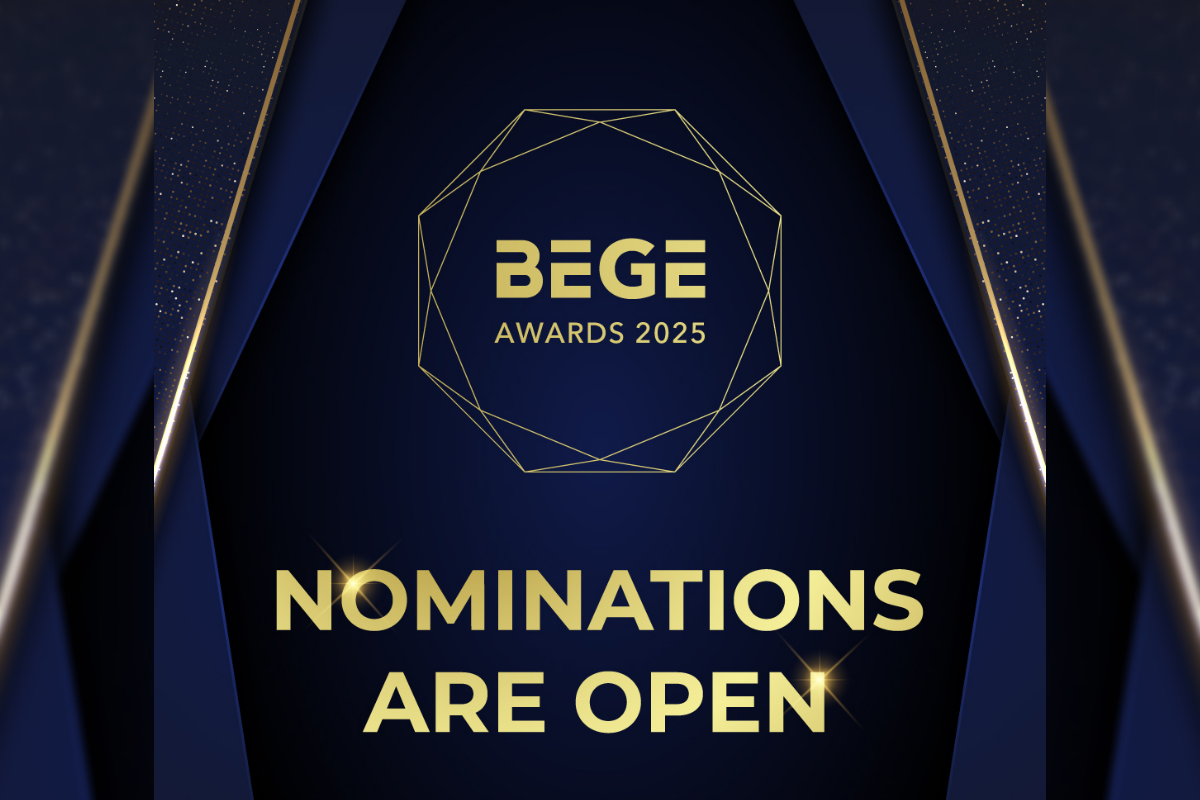
 Balkans7 days ago
Balkans7 days agoBEGE Awards Nominations Now Open – Celebrating 16 Years of Industry Excellence!
-
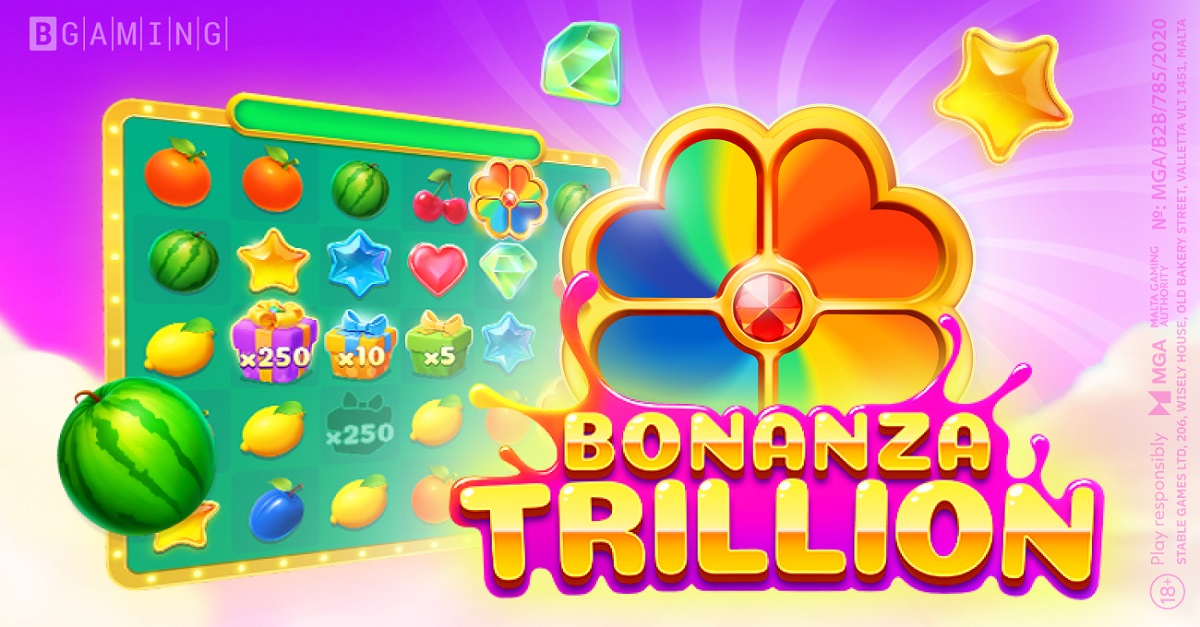
 Latest News7 days ago
Latest News7 days agoWin a Fruity Fortune in BGaming’s Bonanza Trillion
-
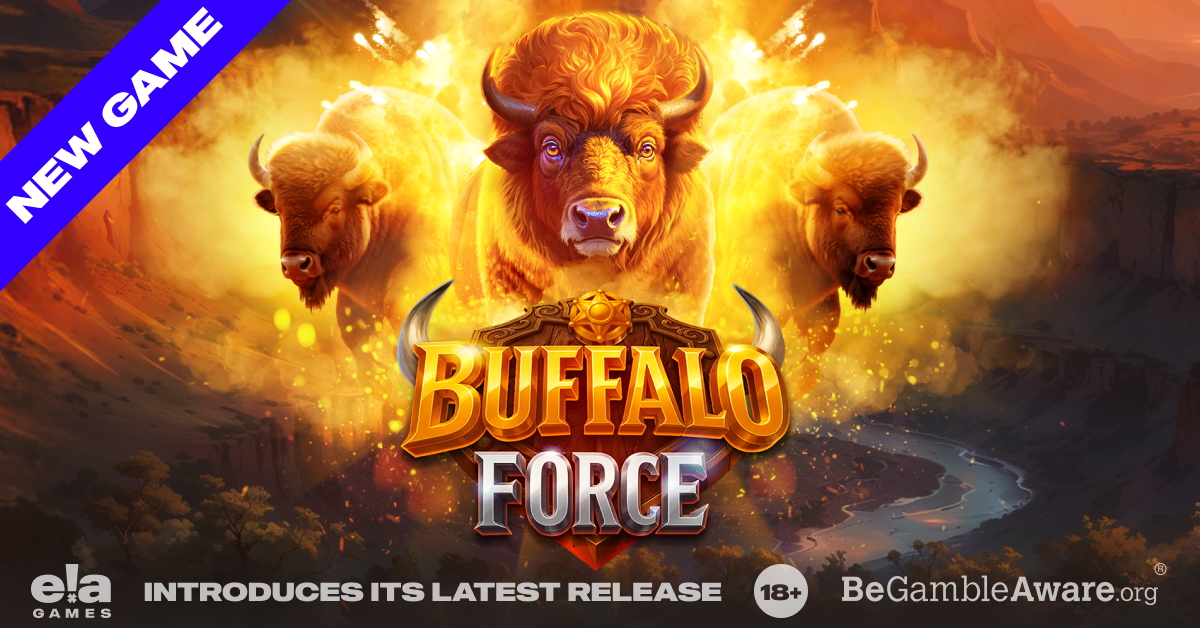
 Latest News7 days ago
Latest News7 days agoAnswer the Call of the Wild: ELA Games Unveils Its Latest Game “Buffalo Force”
-
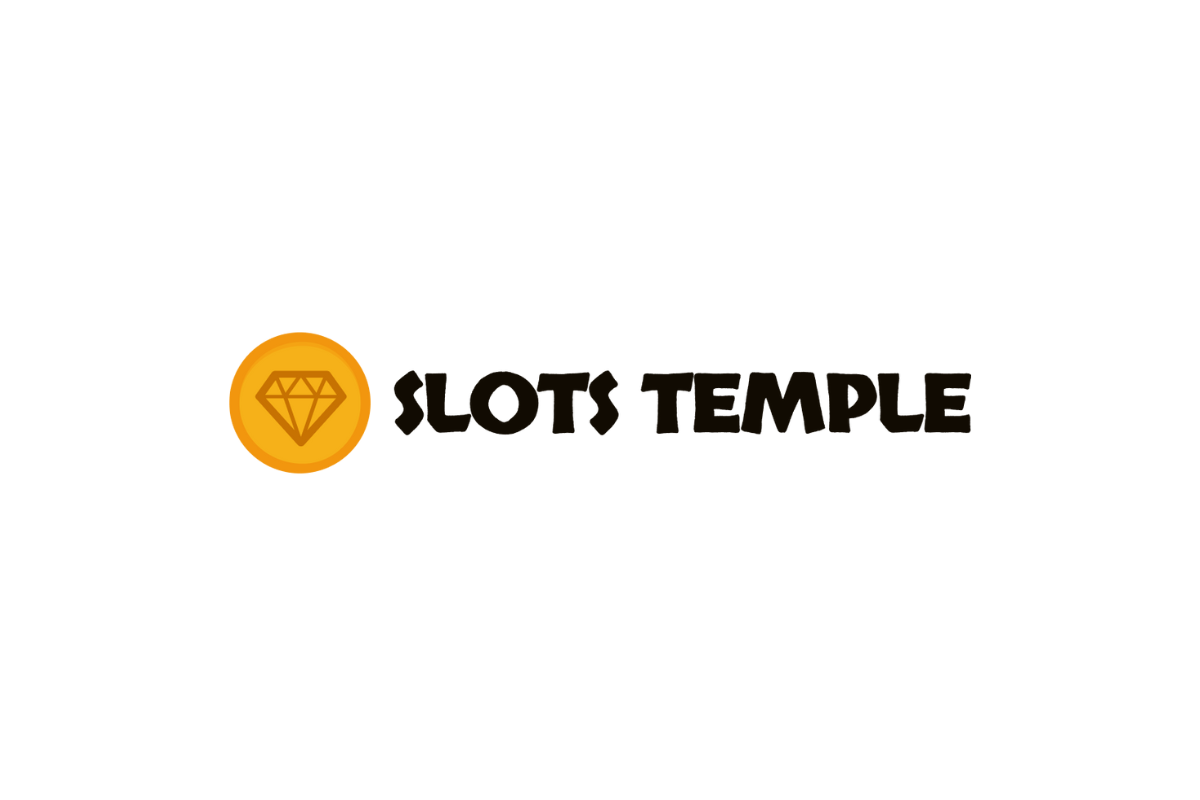
 Latest News7 days ago
Latest News7 days agoSlots Temple Announces Exclusive Free-to-Play Tournament Partnership with Pragmatic Play
-
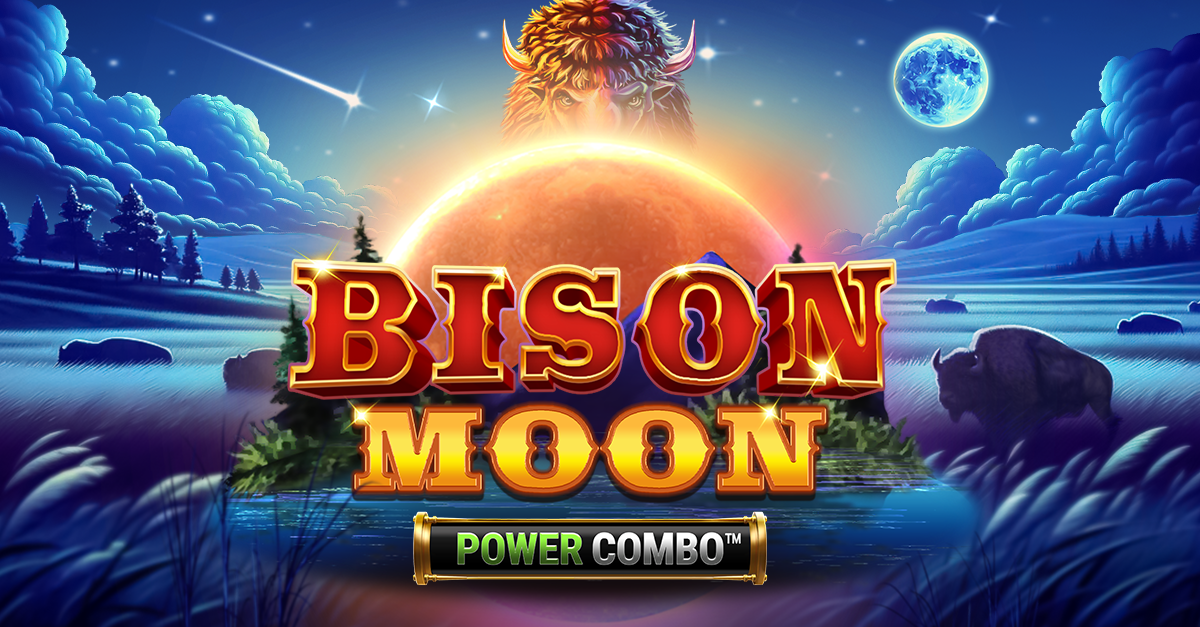
 Latest News7 days ago
Latest News7 days agoSaddle up for big wins under the Bison Moon with the latest slot from Northern Lights Gaming











